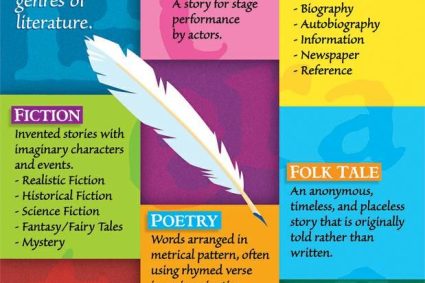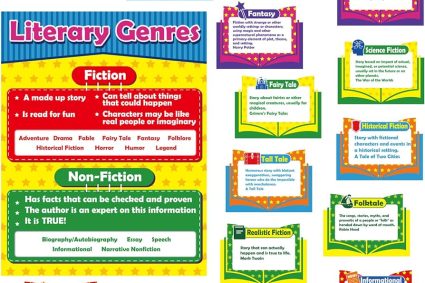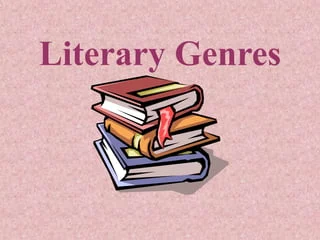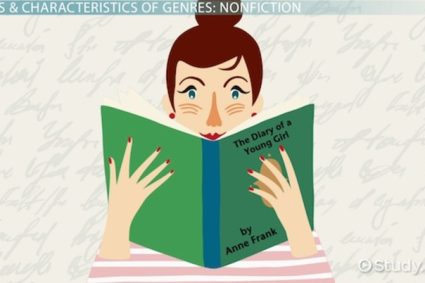
Poetry, as a diverse and dynamic form of artistic expression, has evolved over centuries, giving rise to various movements that reflect the changing landscapes of culture, society, and individual perspectives. Let’s embark on a journey through some major poetry movements, delving into their distinctive styles and contributions to the rich tapestry of literary history.
1. Romanticism:
- Key Features: Emotional intensity, appreciation of nature, individualism, and a focus on the sublime.
- Notable Poets: William Wordsworth, Samuel Taylor Coleridge, Lord Byron.
2. Victorian Poetry:
- Key Features: Moral earnestness, exploration of social issues, formal structure, and a balance of emotion and restraint.
- Notable Poets: Alfred Lord Tennyson, Robert Browning, Elizabeth Barrett Browning.
3. Imagism:
- Key Features: Precision of language, clarity of expression, and a focus on imagery and direct language.
- Notable Poets: Ezra Pound, H.D. (Hilda Doolittle), Amy Lowell.
4. Harlem Renaissance:
- Key Features: Celebration of African American culture, exploration of racial identity, and the use of jazz and blues influences.
- Notable Poets: Langston Hughes, Claude McKay, Countee Cullen.
5. Modernism:
- Key Features: Experimentation with form, fragmented narratives, disillusionment with traditional values, and a focus on individual consciousness.
- Notable Poets: T.S. Eliot, Ezra Pound, Wallace Stevens.
6. Beat Generation:
- Key Features: Rejection of societal norms, exploration of spirituality, experimentation with drugs and alternative lifestyles.
- Notable Poets: Allen Ginsberg, Jack Kerouac, Gary Snyder.
7. Confessional Poetry:
- Key Features: Personal and autobiographical themes, exploration of taboo subjects, and an emphasis on emotional authenticity.
- Notable Poets: Sylvia Plath, Anne Sexton, Robert Lowell.
8. Slam Poetry:
- Key Features: Performance-oriented, emphasis on spoken word, often addresses social and political issues.
- Notable Poets: Saul Williams, Taylor Mali, Sarah Kay.
9. Postmodern Poetry:
- Key Features: Playful experimentation with language, skepticism of grand narratives, intertextuality, and self-reflexivity.
- Notable Poets: John Ashbery, Charles Bernstein, Lyn Hejinian.
10. Contemporary Poetry:
- Key Features: Diverse styles and themes, engagement with current social issues, fluidity in form, and a fusion of traditional and experimental elements.
- Notable Poets: Claudia Rankine, Ocean Vuong, Tracy K. Smith.
Each of these movements represents a response to the cultural, social, and political climates of their times, contributing unique flavors to the ever-evolving landscape of poetry. As poets continue to push boundaries and redefine norms, the legacy of these movements lives on, inspiring new generations to find their voice within the diverse realms of poetic expression.






